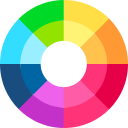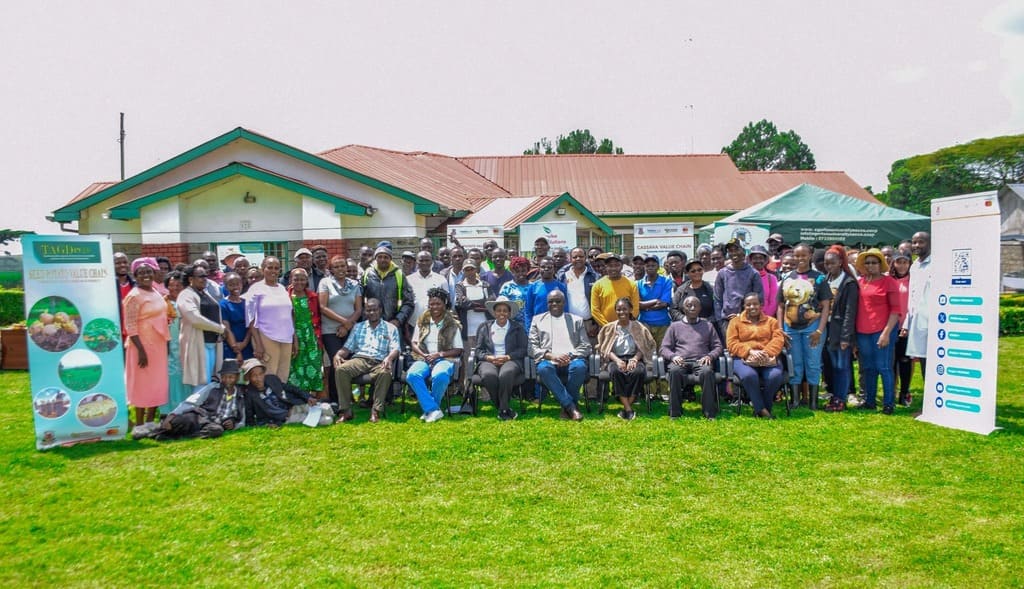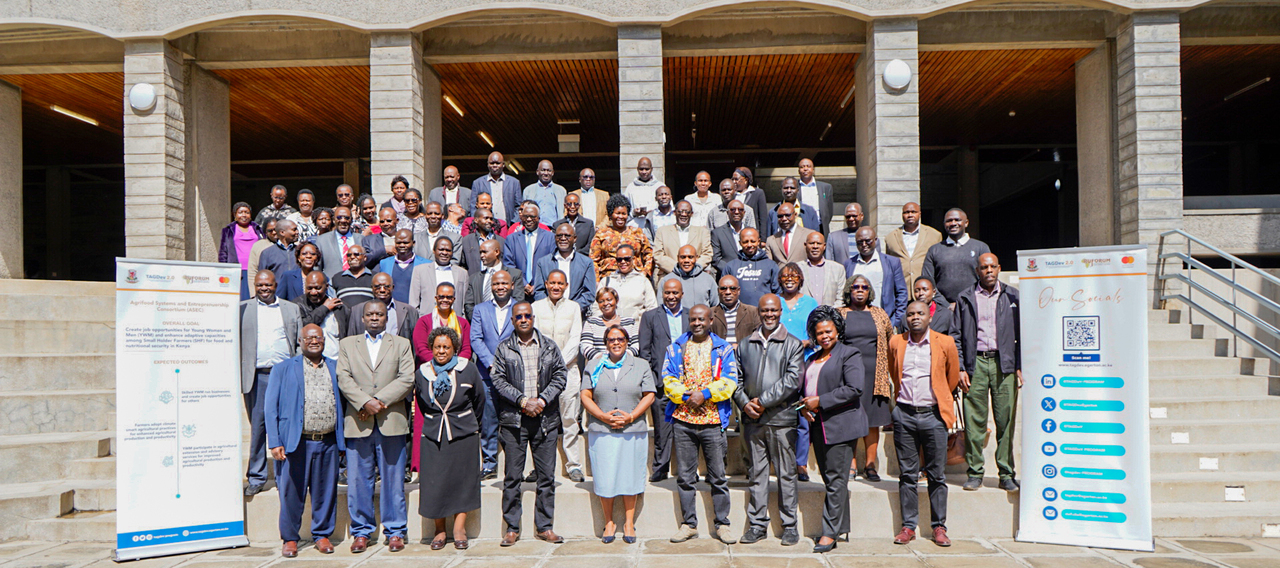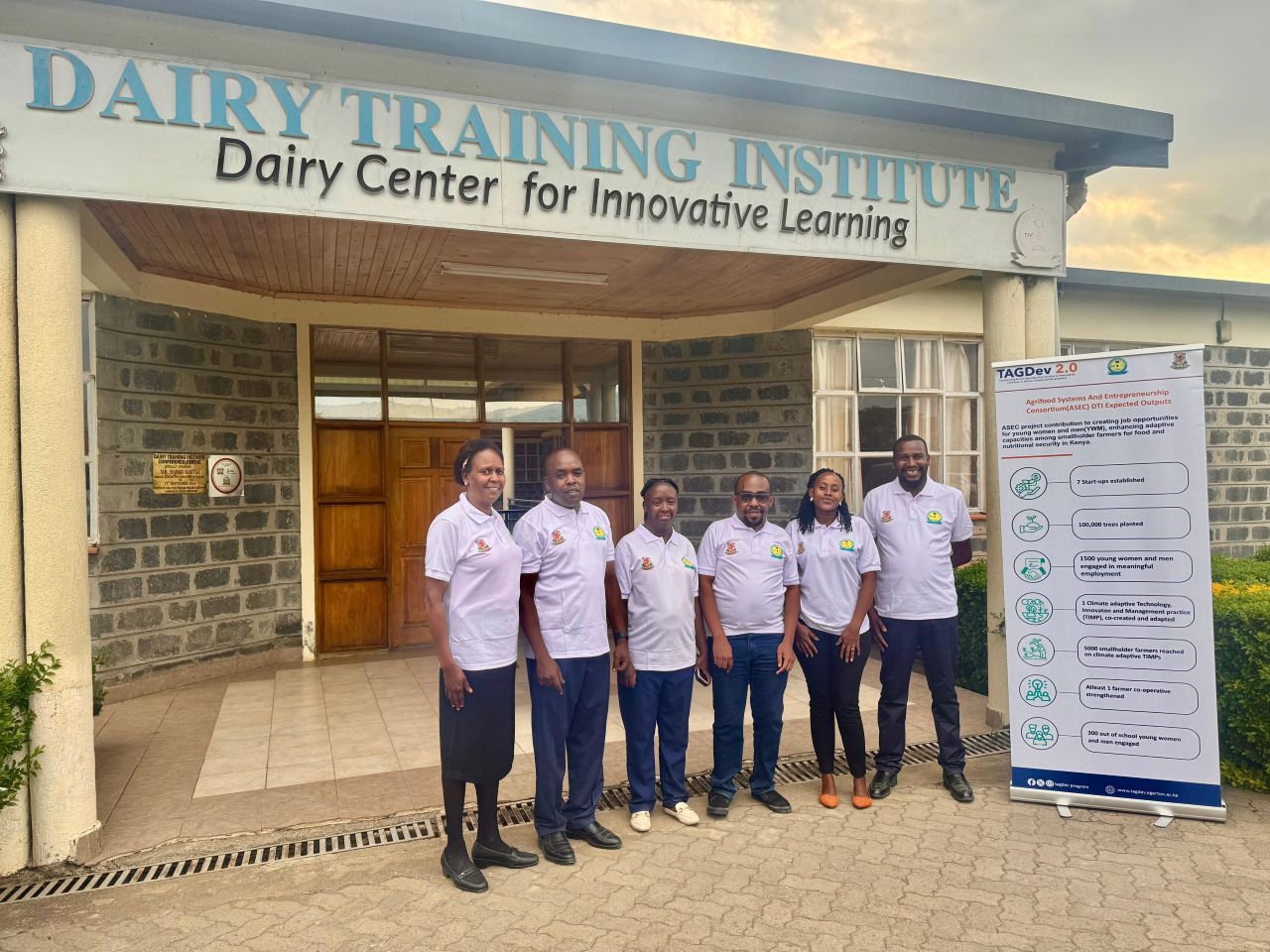On 22nd July 2025, the TAGDev 2.0 Program at Egerton University held an impactful inception meeting with 28 out-of-school refugee youth at CDN Plaza in Nakuru, marking the beginning of a transformative journey toward economic self-reliance and dignity. This training introduced the participants to the ASEC-Out-of-School Youth (OSY) empowerment program with the Graduation Approach embedded as a key formula for building sustainable livelihoods. The Graduation Approach, as applied by ASEC, is a structured, group-based methodology that equips youth who are not in education or formal employment but have some work experience with practical skills, financial access, and peer support to successfully launch and sustain enterprises within Kenya’s agrifood system.
The session opened with remarks from Prof. Nancy W. Mungai, TAGDev Program Coordinator, who emphasized that refugees, despite facing displacement and limited opportunity, have the potential to thrive when equipped with the right tools, mindset, and institutional support. She encouraged the youth to take charge of their future, make use of the program’s offerings, and transform their economic realities. A representative from the Department of Refugee Services (DRS) applauded the initiative, reaffirming the government’s commitment to refugee inclusion through models that go beyond humanitarian relief and foster long-term livelihoods.

Participants were introduced to the five-step ASEC Group-Based Graduation Approach ; contextualized for Kenya’s agrifood system which forms the backbone of the OSY training. First, a participatory onboarding process helps identify youth who demonstrate both need and motivation, using structured tools to assess their background, informal work experience, and entrepreneurial aspirations. Next, the youth are organized into Business Savings Groups (BSGs) peer units of about ten members who share common economic interests and commit to saving together, learning together, and building businesses collaboratively. These groups serve not only as financial mechanisms but also as platforms for social support, accountability, and joint planning.
Through a tailored Business Development Services (BDS) training phase, informed by a detailed training needs assessment, the youth receive hands-on, relevant capacity building in areas such as financial literacy, business planning, customer relations, and agri-value chain operations. The goal is to translate informal knowledge into structured, market-responsive business skills. The training culminates in the development of feasible business plans, either for joint ventures or individual enterprises within the group structure. Once the groups demonstrate investment readiness, each BSG receives seed financing, used to procure start-up inputs or services aligned with their approved plans. This capital is treated as a strategic investment in youth-led innovation and sustainable job creation, not just a handout.
To ensure long-term success, the final phase of the Graduation Approach centers on monitoring, mentorship, and market linkage support. Youth enterprises are regularly tracked through digital tools and supported by trained business mentors who offer personalized coaching to help navigate early-stage challenges, manage finances, and expand market reach. Youth are also linked to broader value chains, aggregation hubs, digital platforms, and microfinance institutions, creating a continuum of opportunity from startup to formal enterprise growth.
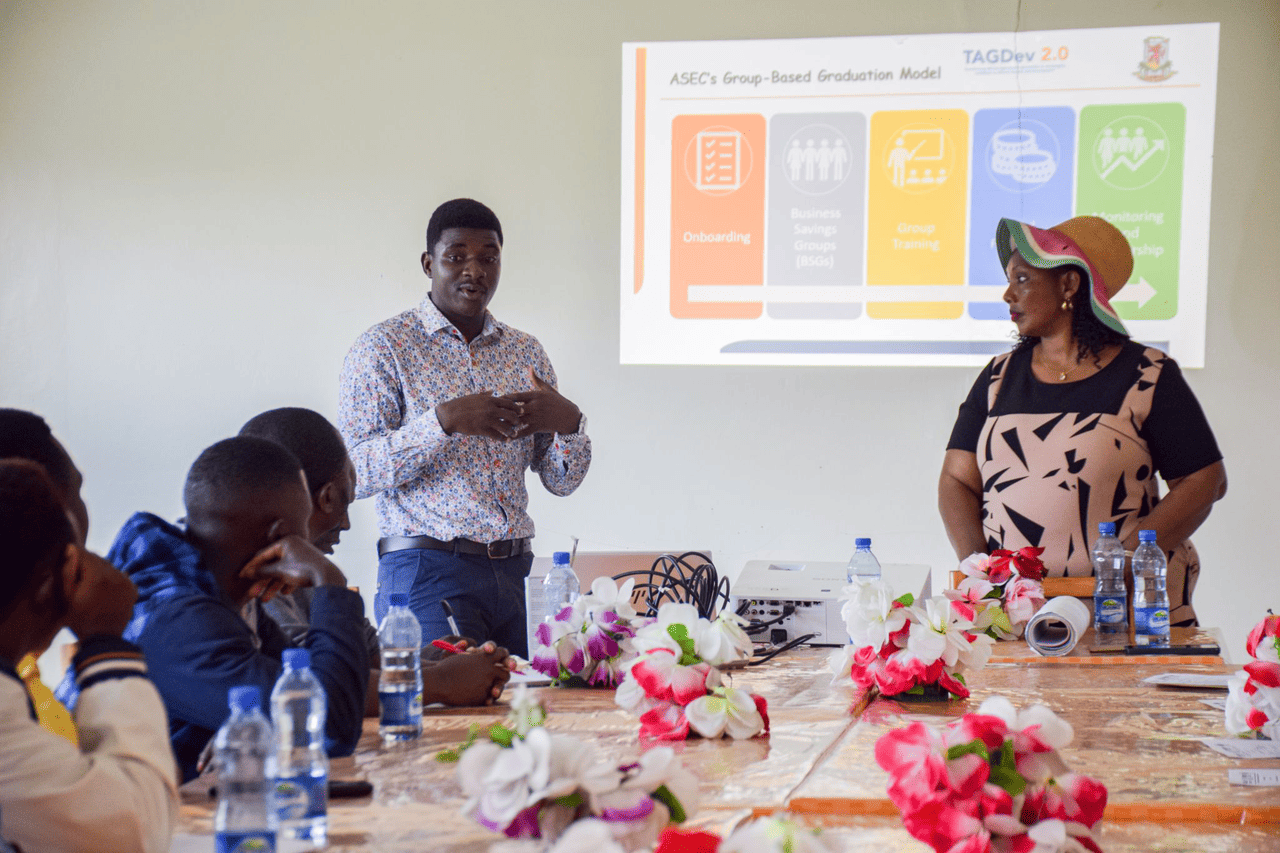
During the sessions a former program beneficiary shared his personal story; beginning with selling food door to door with very limited resources, and growing into a recognized agribusiness entrepreneur thanks to the support of TAGDev. His journey served as living proof that refugee and vulnerable youth can rise above their circumstances when given structure, skills, and support. "Nothing is a barrier to rising," he told the youth, encouraging them to build on what they already know and start small with focus and purpose.
The session also included vision journey mapping, where youth visualized their goals and mapped the steps needed to achieve them, and training needs assessments to guide the upcoming BDS sessions. These participatory activities not only sharpened their focus but also fostered peer collaboration and team-building key ingredients in the group-based approach ASEC champions.
By the end of the day, the refugees acquired more than just information, they gained a clear, structured roadmap to dignified livelihoods. The integration of the Graduation Approach within ASEC’s OSY training framework ensures that participants are not passive recipients but active drivers of their transformation. In a world where refugee youth are often marginalized or left behind, the TAGDev 2.0 Program offers a practical and proven solution that bridges the gap between vulnerability and enterprise. Through this initiative, ASEC demonstrates that even in the face of adversity, refugee youth can become resilient entrepreneurs and contributors to Kenya’s agrifood economy, one group, one business, and one breakthrough at a time.

